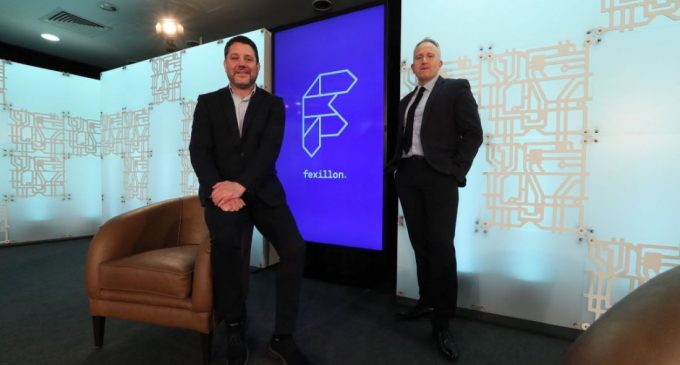Dublin-based building tech company to create 100 new jobs by 2024
Fexillon

IFS, which recently raised €2m in funding for growth, is partnering with Microsoft to develop new services and rebranding itself to Fexillon.
Building tech company Integrated Facilities Solutions (IFS) plans to create 100 new jobs over the next three years to help expand its operations in the US, UK and Scandinavia.
As part of the expansion, IFS is also rebranding as Fexillon.
The Dublin-based company, which provides digital asset management tech for building construction and facilities management teams, will be filling leadership roles across its regional bases, including software developers, building information managers and smart building IoT engineers.
IFS was founded more than two decades ago by George Harold and Kieran Beggan, graduates of Dublin Institute of Technology Bolton Street.
Earlier this year, it raised €2m in funding through the Davy EIIS Fund to support its expansion into targeted US and European markets.
Co-founder and co-CEO Beggan said the rebrand to Fexillon marks a strategic pivot for the company as it pursues future growth and expansion.
“Over the past 22 years, we’ve built a strong reputation for quality and innovation,” Beggan added. “The equity built under our previous identity is a valuable asset and has helped us grow and expand into targeted markets in Europe and the US, targeting doubling our revenue and headcount.”
The company works with blue-chip firms in the public and private sectors to provide a more streamlined approach to property management and assist in planning, design, construction, handover, operations and maintenance for building owners and operators.
Its clients include Bank of Ireland, the Mater Hospital, Hines, University of Strathclyde, Dublin Zoo, Fingal County Council and a number of multinational technology companies.
Along with its plans for expansion, the company also announced a partnership with Microsoft to develop a new range of digital services, including digital twins, HoloLens technology and building information modelling integration.
It will now use Microsoft’s Azure cloud computing platform to support detailed and interactive digital replicas of Microsoft’s built infrastructure, which it said would allow for the real-time management of assets and lead to greater operational efficiencies.
Source: Silicon Republic







